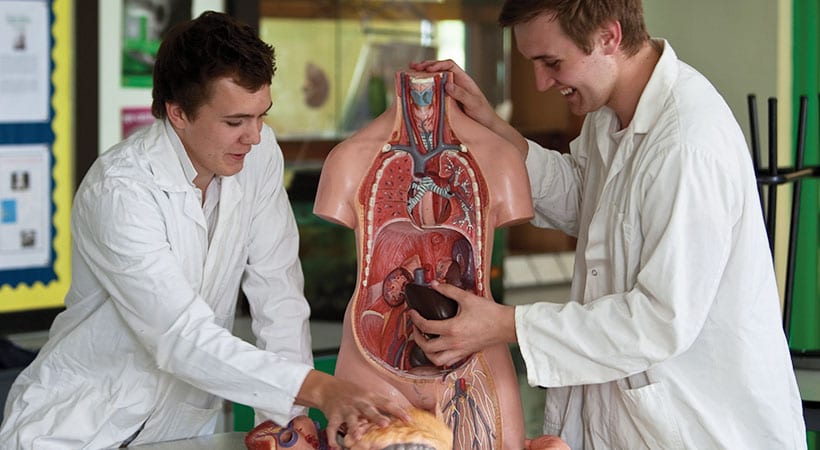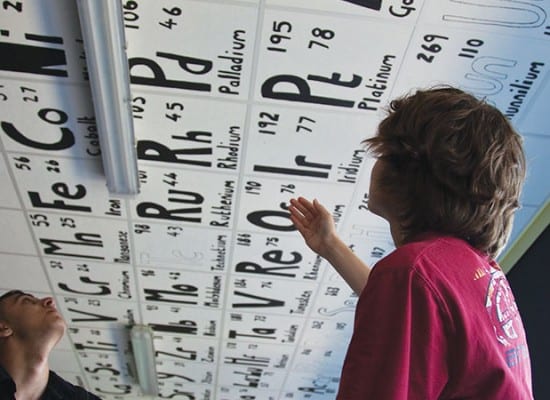What are the entry requirements?
5 GCSEs at A* – C or equivalent, including English and Maths plus a B in Biology or B grades in both Science B and Additional Science.
Course Outline
Module 1: development of practical skills in biology
Module 2: Foundations in biology
Module 3: Exchange and transport
Module 4: Biodiversity, evolution and disease
Module 5: Communications, homeostasis and energy
Module 6: Genetics, evolution and ecosystems
How will I be assessed?
AS:
Written exams in June after 1 year of study both papers can assess content from modules 1-4.
Paper 1: Breadth in biology – 50% weighting. Multiple choice section plus structured questions covering theory and practical skills
Paper 2: Depth in biology – 50% weighting. Structured questions and extended response questions, covering theory and practical skills.
A2:
Written exams in June after 2 years of study
Paper 1: Biological Processes – 37% weighting. Multiple choice section plus structured questions and extended response questions covering theory from modules 1,2,3 and 5
Paper 2: Biological diversity – 37% weighting. Multiple choice section plus structured questions and extended response questions covering theory from modules 1,2,4 and 6
Paper 3: Unified biology – 26% weighting. Structured questions and extended response covering content from modules 1-6
Practical endorsement for biology (A2 only)
– non exam assessment. Performance is teacher assessed over a minimum of 12 practical activities to demonstrate practical competence in 12 key areas including microscopy, microbiological techniques and enzyme controlled reactions.
What will I study?
Practical skills underpin the whole specification and students develop throughout the course. Planning, implementing, analysis and evaluation skills can be assessed within written examinations and (for A level only) within the practical endorsement.
Foundations in biology module 2 includes cell structure, cell division and cellular organisation as well as taking an in depth look at biological molecules including enzymes and DNA. Modules 3 and 4 look at the familiar topics of the circulatory, respiratory and immune systems in animals and also delve into evolution and classification.
The second year modules cover human physiology including neuronal and hormonal communication and excretion as well as the traditional biochemistry topics of respiration and photosynthesis. Alongside these students will study cutting edge biotechnology and gene technologies including cloning, genome sequencing and genetic engineering.
Where can it lead me?
Medicine, veterinary science, dentistry, anatomy, biomedical science, environmental science, ecology, marine biology, zoology and forensic science are just a few of the career paths chosen by our biology students in the past.



